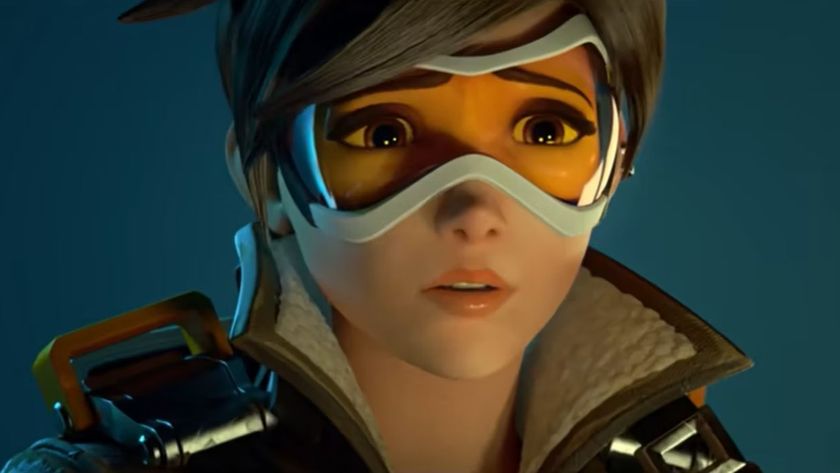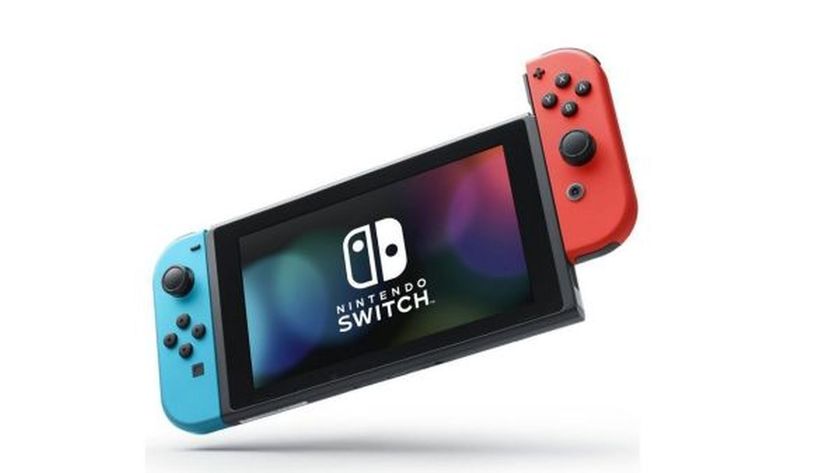The Top 7... Nintendo mistakes
How the videogame giant became the world's favorite underdog
3 - Pissing off the third parties from day one
There's no denying that Nintendo brought the videogame industry back from the brink of disaster. You also can't deny how much it used this leverage to lord over anyone who wanted to use the insanely successful NES to make money. If you could get a game published on the first Nintendo system, you had it made. But first you had to jump through whatever hoops Nintendo laid out for you. And you did it with a big fake smile on your face.
First you had to place an order for Nintendo-made cartridges - minimum of 10,000 - and Nintendo makes money off of each sold cart. Then you had to submit your game and all its related aspects (commercials, artwork, all of it) to Nintendo for approval. If it wanted to, Nintendo could censor whatever it liked.
The best part is the strict limit Nintendo placed upon its software rivals. No matter how many games you'd like to sell, you could only produce five games per year on the system. The thought was, if you can only make five per year, they're bound to be good, right? Not a bad idea... unless you're trying to make back the costs of buying all those blasted NES carts. Oh, and you couldn't release the game on any other platform for two effing years. That kinda stung too.
As game prices rose in the mid-'90s, Nintendo was able to put out its own games at reasonable cost - meanwhile, third parties, still paying cartridge royalties, had to bump their prices up to break even, causing another rift between the money Publisher X gobbled up versus the vast riches Nintendo usurped. With a near-90% stranglehold on the videogame marketplace, anything the company wanted, it got. Until congress got wind of this, that is.
After a hailstorm of bad press and allegations of monopolistic practices, Nintendo was more or less forced to ease up on its restrictions. Publishers could freely put their games on rival platforms (ensuring the Genesis' success) and could also finally control their gaming orders and inventory. But the point is, it took the actions of Washington to make it happen, and once it did, software publishers were all too ready to hand out their once-exclusive titles to someone else.
Sign up to the GamesRadar+ Newsletter
Weekly digests, tales from the communities you love, and more
Cut to today, when Nintendo's allegedly not giving third parties access to its all-important Mii code, or info on how to take a Wii game online. The past two Nintendo platforms, N64 and GameCube, started strong with third parties, then fell flat after the first two years. Will the Wii be any different?
A fomer Executive Editor at GamesRadar, Brett also contributed content to many other Future gaming publications including Nintendo Power, PC Gamer and Official Xbox Magazine. Brett has worked at Capcom in several senior roles, is an experienced podcaster, and now works as a Senior Manager of Content Communications at PlayStation SIE.

After struggling to make sequel-sized changes, fans think Blizzard might retire the '2' in Overwatch's name based on Season 16 leaks

Former PlayStation boss says the Nintendo Switch 2 will determine if the OG Switch can ever claim PS2's best-selling console of all time title











